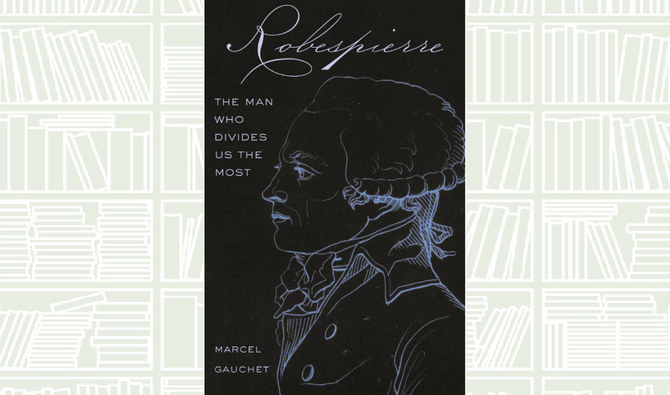“Black Snow” is a captivating Australian mystery-drama series that combines crime, culture, and community.
The show's season one is set in a small, tight-knit town in Northern Queensland, where the murder of a 17-year-old girl shocks the residents.
Decades later, the case remains cold — until a piece of startling new evidence is unearthed from a 25-year-old time capsule, reopening the investigation and forcing the town to confront buried secrets.
As the story unfolds, viewers are taken on a journey through shifting timelines, uncovering hidden truths about the victim, her family, and the community she left behind.
What truly sets “Black Snow” apart is its focus on cultural depth.
The series provides insight into the South Sea Islander community, highlighting its rich history and struggles in a way that feels both authentic and respectful.
The show not only explores the devastating impact of the murder on this community but also sheds light on their historical marginalization, making it much more than a typical mystery.
Travis Fimmel delivers a standout performance as Det. James Cormack, the investigator tasked with solving the decades-old case.
Cormack’s dogged determination, combined with his personal flaws, makes him an intriguing and relatable character.
The ensemble cast also shines, with heartfelt performances that bring depth to the town's residents, each harboring their own secrets and motivations.
Visually, “Black Snow” is stunning, with breathtaking cinematography that captures the beauty of Queensland’s sugarcane fields and coastal landscapes, while emphasizing the isolation and tension of the small town.
The show’s eerie atmosphere is heightened by a deliberate, slow-burn pacing that meticulously unravels the mystery, though it may feel overly drawn out to viewers who prefer faster narratives.
However, the series does have minor shortcomings.
Some secondary characters are underdeveloped, and while the mystery is compelling, it occasionally leans on familiar crime drama tropes that risk feeling predictable.























